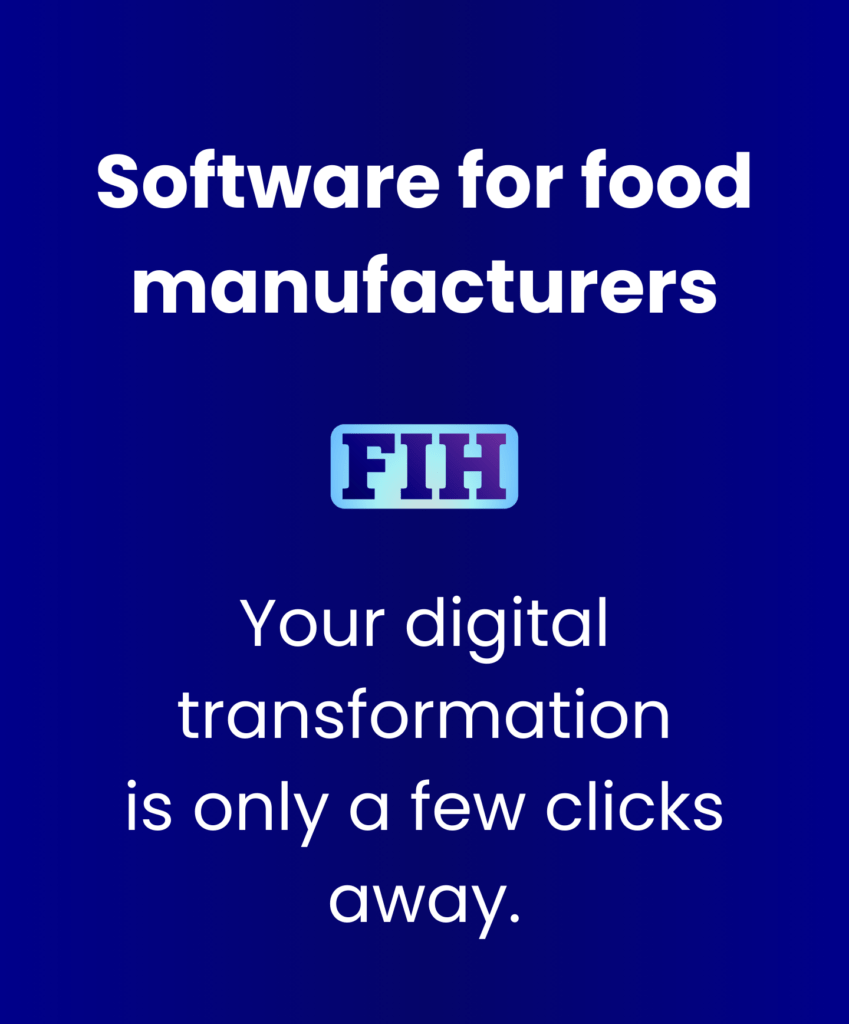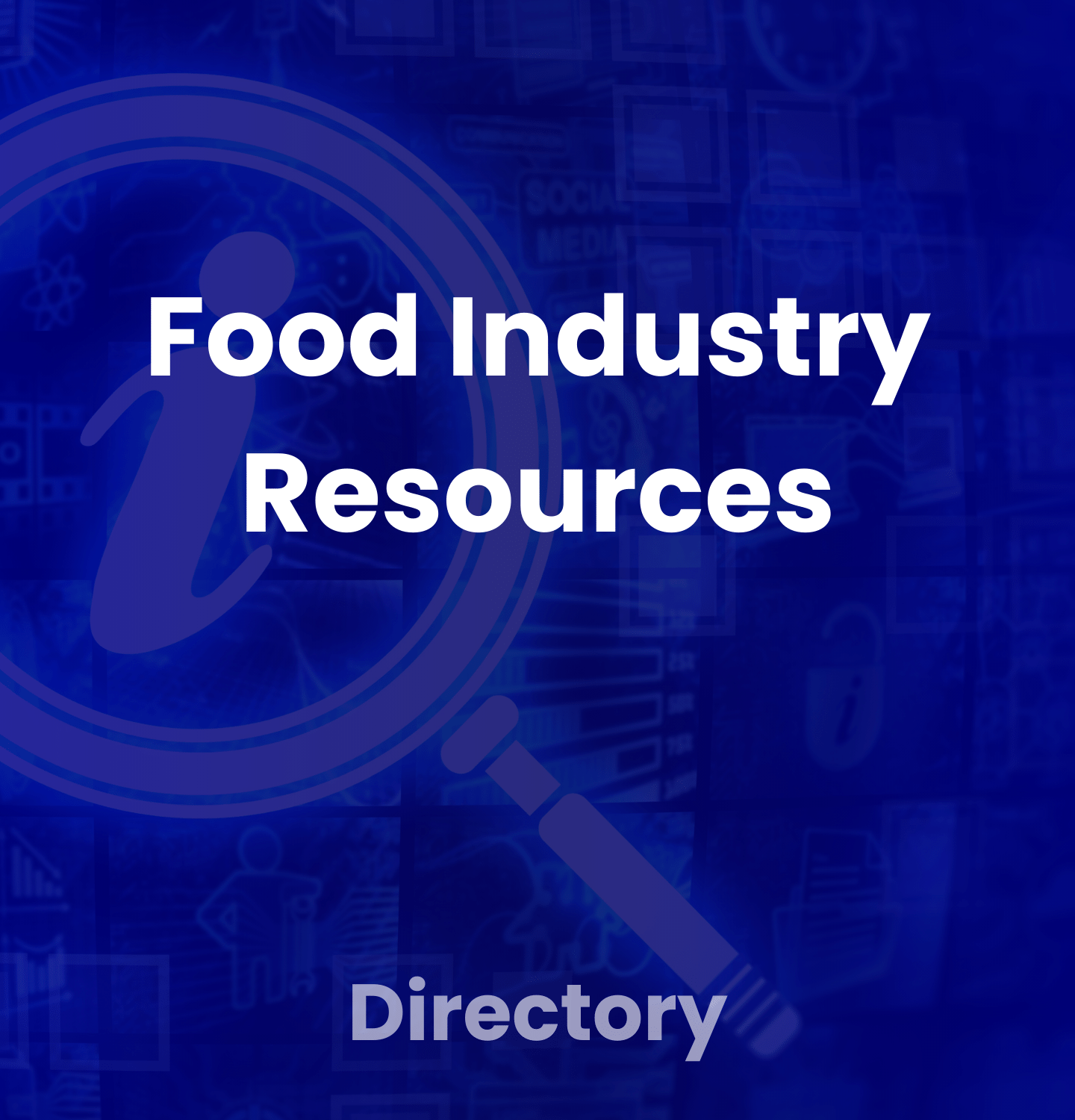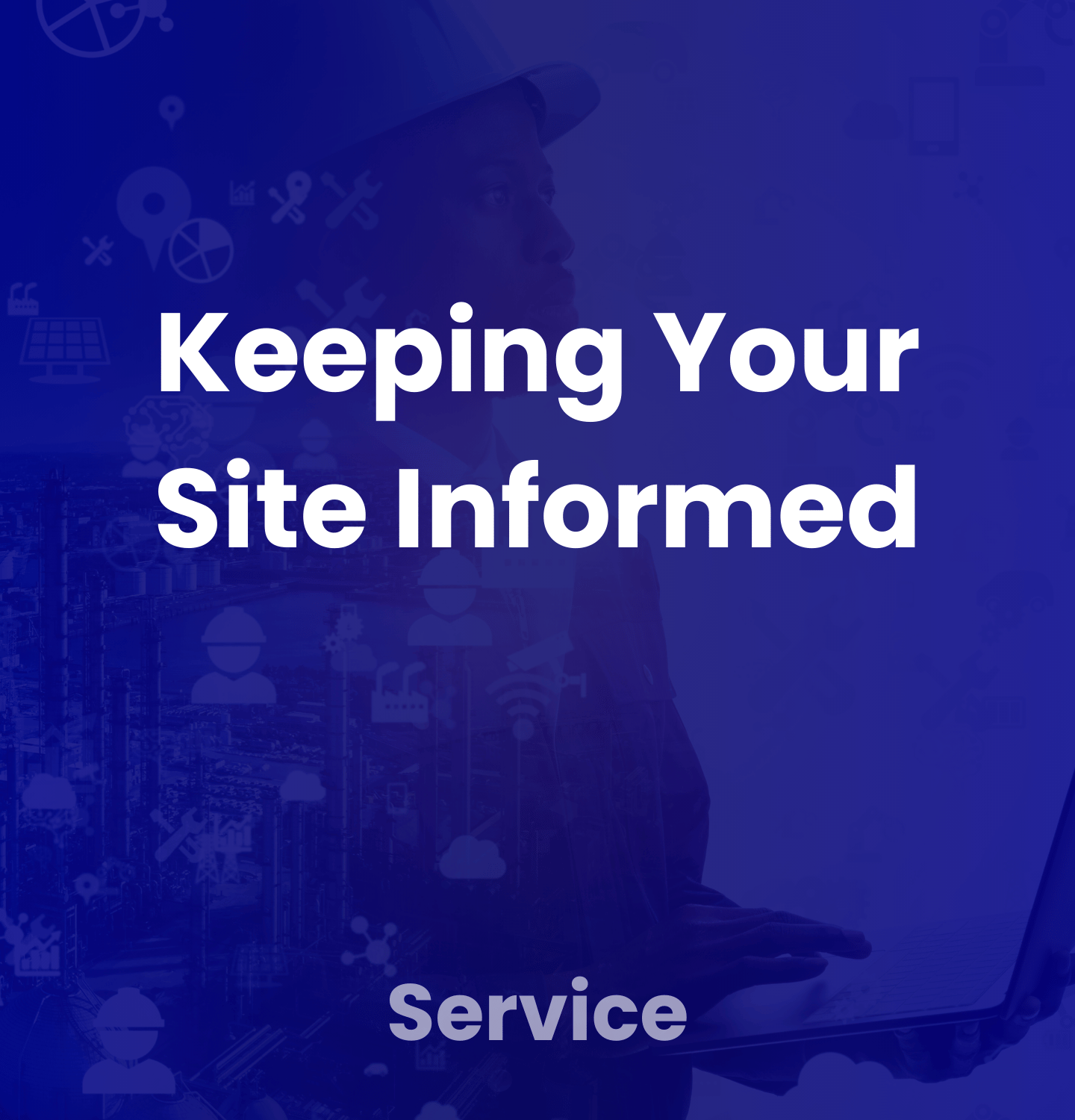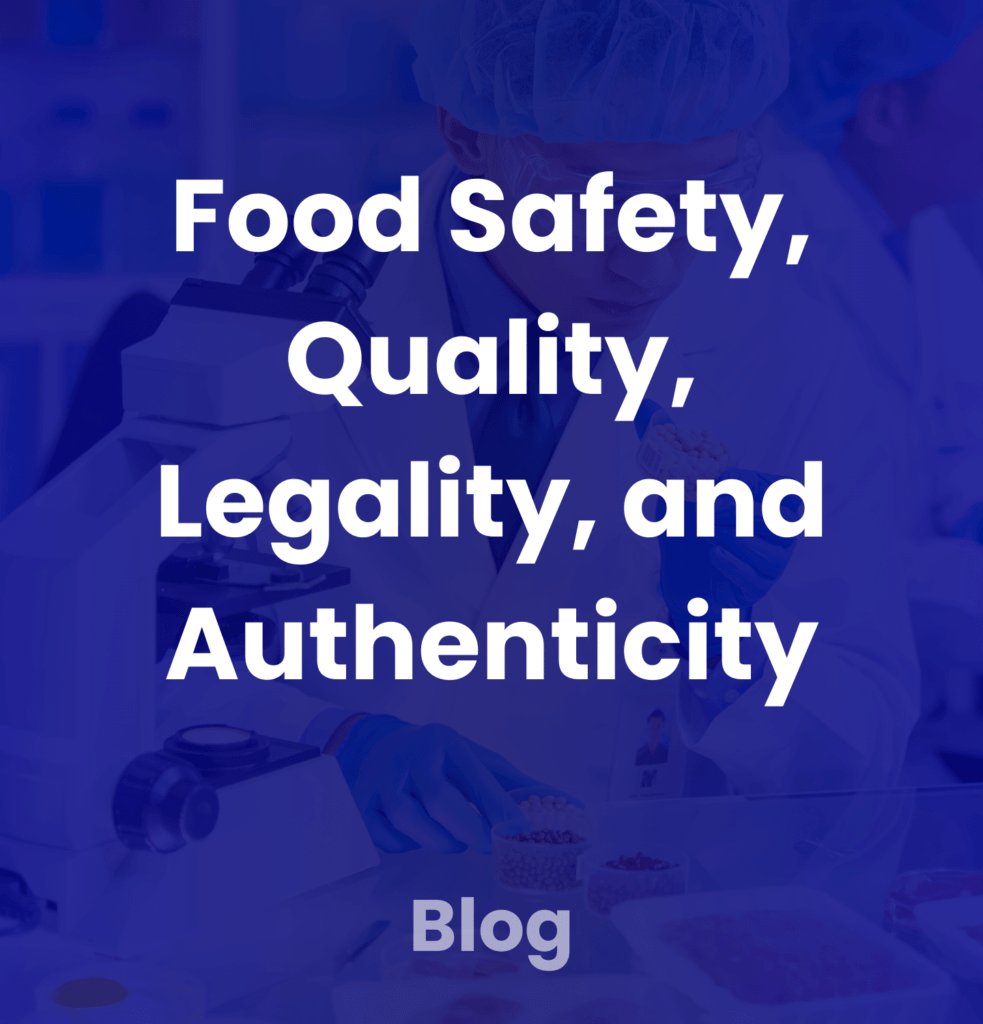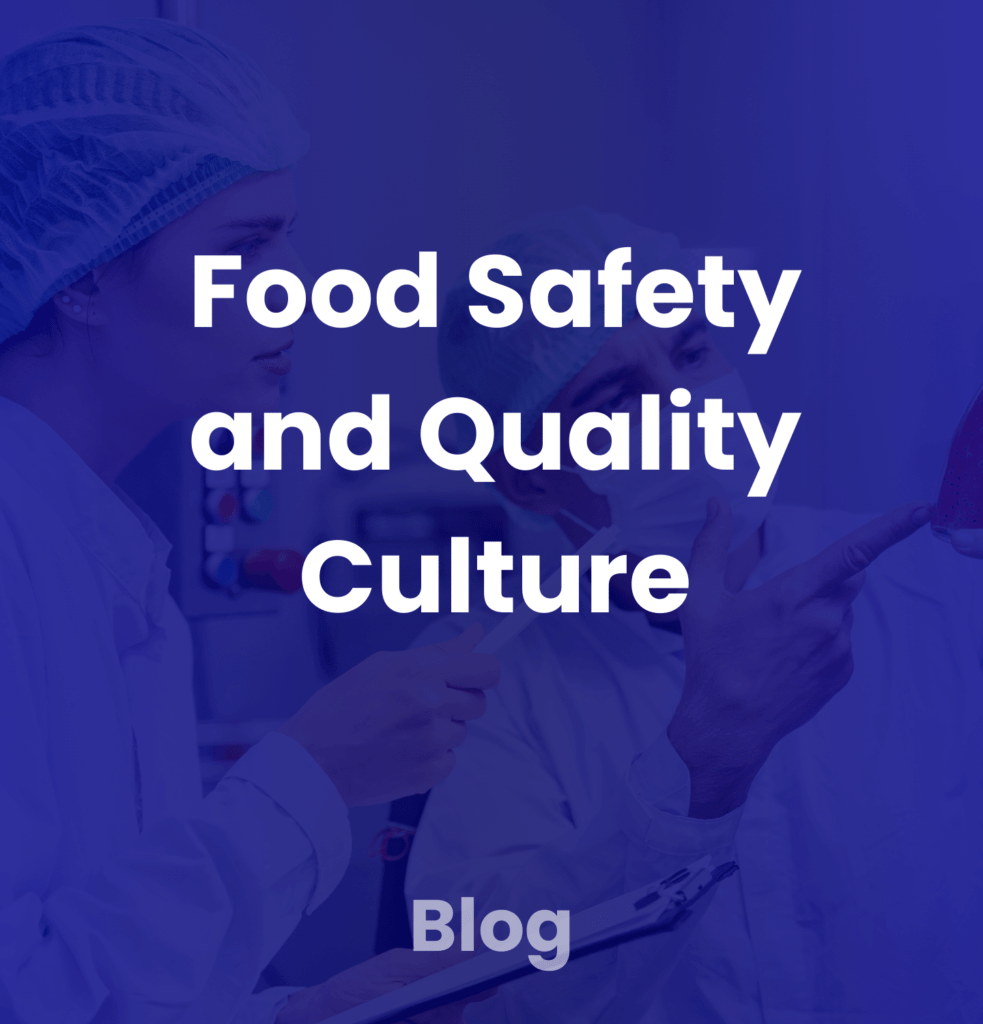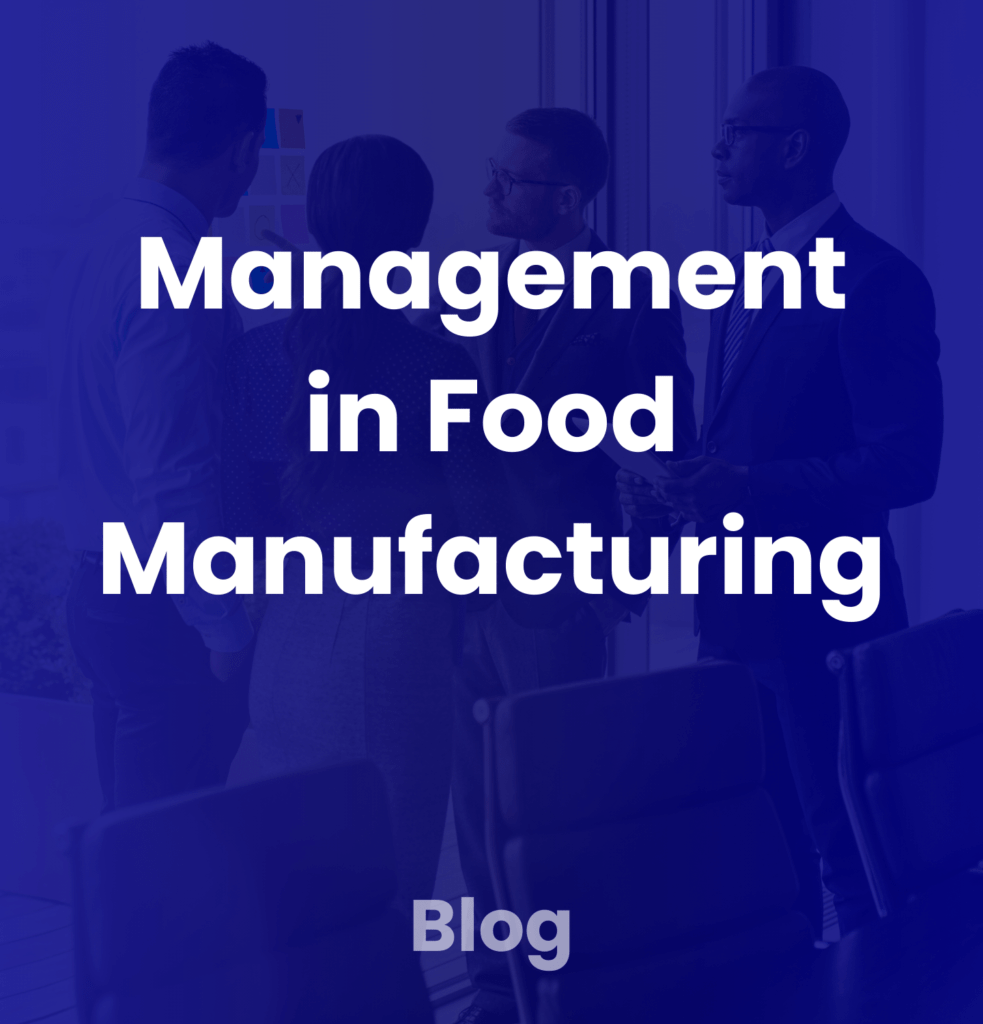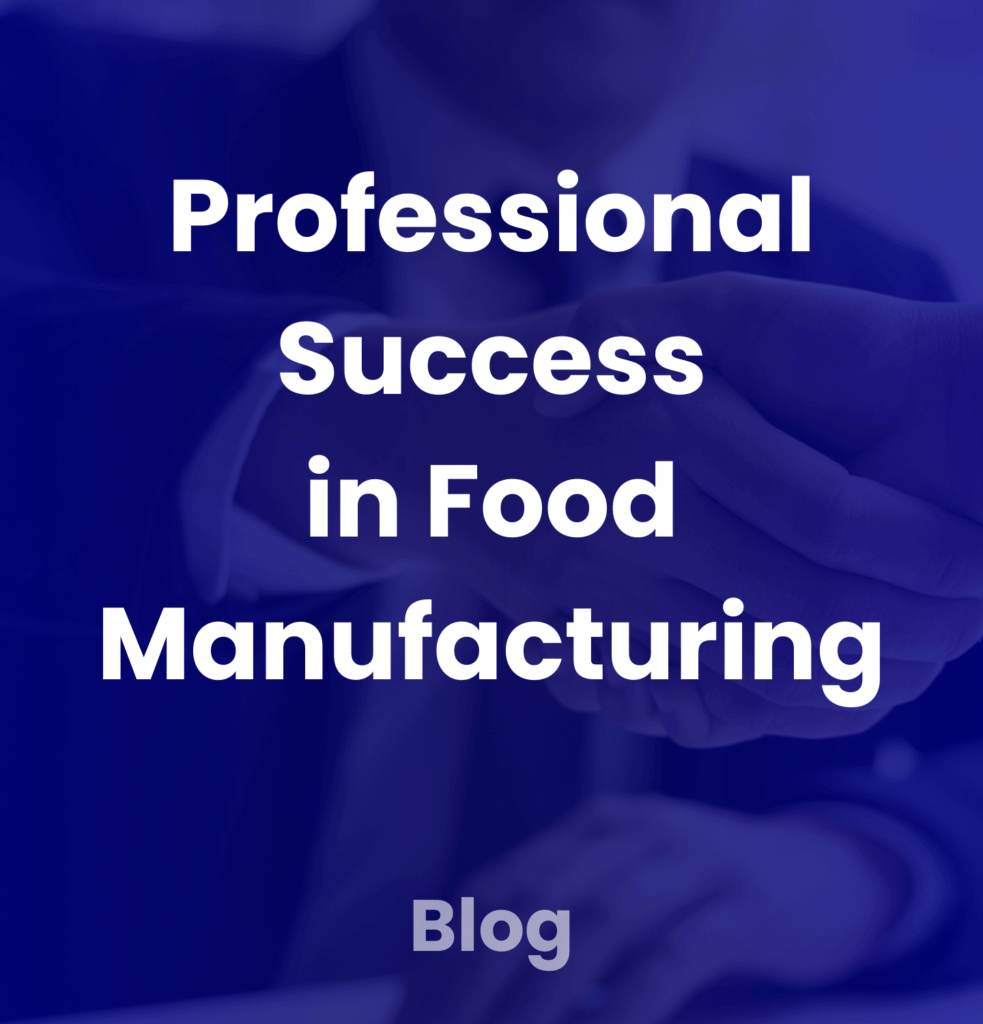
Sector-Specific Information
The Food Industry Hub knowledge centre delivers a wide range of sector-specific information for food industry professionals.
The below is one topic from our knowledge centre. You can return to all topics by clicking here.
Allergen Management
Definition
Allergen management refers to the systematic approach to identifying, controlling, and minimising the risk of allergen cross-contact in food manufacturing. Its primary purpose is to safeguard allergic consumers by ensuring food products are safe, accurately labelled, and free from unintended allergenic contamination. This multidisciplinary process integrates risk assessment, operational controls, staff training, and continuous monitoring, supporting compliance with regulatory frameworks and fulfilling consumer expectations. In the UK and EU, allergen management must align with standards such as the Food Information for Consumers (FIC) Regulation and guidance from the European Food Safety Authority (EFSA).
Practical Application
In food manufacturing, allergen management is an essential component of food safety programmes, particularly given the severe health risks posed by allergens. Allergic reactions can range from mild discomfort to life-threatening anaphylaxis, making stringent control measures a non-negotiable priority. Implementing effective allergen management involves several key steps:
- Allergen Identification
Manufacturers must identify all allergens present in raw materials, processing aids, and finished products. This requires close collaboration with suppliers to ensure comprehensive and accurate ingredient information. For example, allergen declarations should account for hidden allergens in compound ingredients like sauces or flavourings. - Segregation
Physical and temporal separation of allergenic and non-allergenic materials is critical to reducing cross-contact risk. This may involve dedicated storage areas, colour-coded equipment, and clearly labelled containers. During production, allergenic ingredients are often processed last or on separate lines. - Labelling Controls
Accurate allergen labelling is required under the UK Food Information Regulations (FIR) and similar EU rules. Manufacturers must declare allergens in a clear, consistent format, highlighting them within the ingredients list. Precautionary labelling, such as “May contain [allergen],” should be based on robust risk assessment, not applied as a blanket statement. - Process Design
Production line design can significantly influence allergen management effectiveness. For example, separating allergenic and non-allergenic processes or scheduling allergen-free runs first can minimise risks. Investments in hygienic design—such as easily cleanable equipment—reduce allergen retention and facilitate validation. - Cleaning Protocols
Validating and verifying cleaning protocols ensures that allergenic residues are effectively removed between production runs. Techniques like Clean-In-Place (CIP) systems, manual cleaning, or dry cleaning (for low-moisture environments) must be adapted to the specific challenges of allergenic materials. - Staff Training
Training employees on allergen awareness, handling protocols, and the significance of allergen controls ensures consistent adherence to procedures. Regular training refreshers and practical demonstrations strengthen knowledge retention and application.
Related Concepts
Effective allergen management does not operate in isolation but intersects with broader food safety and quality assurance systems. Key related concepts include:
- Allergen Risk Assessment: Systematically evaluating allergen hazards and identifying mitigation strategies at each stage of the supply chain and production process.
- Cross-Contact Prevention: Establishing robust physical and procedural controls to minimise the accidental introduction of allergens into allergen-free products.
- Allergen Labelling Compliance: Meeting regulatory requirements for allergen declarations across different jurisdictions, including the UK and EU, where 14 allergens (e.g., nuts, gluten, milk) must be declared.
- Food Safety Standards: Integrating allergen management into certification schemes like BRCGS, FSSC 22000, and SQF, which include allergen control as a core component.
- Supplier Assurance: Ensuring suppliers adhere to rigorous allergen control measures and provide detailed ingredient specifications.
Expert Insights
The complexity of allergen management extends beyond basic compliance, demanding attention to emerging trends, technologies, and consumer expectations:
- Evolving Regulatory Requirements
Allergen regulations vary globally and are subject to change. For instance, sesame was added as a major allergen under US legislation in 2023, prompting updates to allergen management protocols. Manufacturers exporting to multiple regions must stay abreast of such changes. - Hygienic Design Innovations
Poorly designed equipment can harbour allergenic residues in inaccessible areas. Modern equipment designs focus on smooth surfaces, reduced crevices, and quick dismantling features, simplifying cleaning and validation efforts. - Advanced Testing Techniques
Analytical tools like ELISA kits, lateral flow devices, and PCR are routinely used for allergen detection. However, emerging technologies, such as mass spectrometry, offer enhanced sensitivity, particularly for complex food matrices. - Consumer-Centric Labelling
With growing consumer demand for transparency, manufacturers are moving beyond mandatory allergen declarations to provide detailed information about potential cross-contact risks. Clear, consistent communication builds trust and reduces the likelihood of product recalls or consumer complaints. - Balancing Efficiency and Safety
Striking a balance between thorough allergen cleaning and operational efficiency is an ongoing challenge. Over-cleaning can impact production schedules and sustainability targets, while under-cleaning poses safety risks. Periodic revalidation helps identify opportunities for optimisation.
Conclusion
Allergen management is a dynamic and integral aspect of food safety in the modern manufacturing landscape. Its success hinges on collaboration across departments, from procurement to production to quality assurance, and continuous dialogue with suppliers and regulators. By implementing comprehensive allergen controls, food manufacturers not only protect consumer health but also strengthen their market reputation for producing safe, high-quality products.
Food Industry Hub Management Systems can significantly boost the effectiveness of your food safety and quality management system, leading to improved confidence and elevated quality assurance throughout your operations.
About The Food Industry Hub Knowledge Centre
The Food Industry Hub knowledge centre delivers informative content on a variety of topics pertinent to the food manufacturing industry.
You can return to all topics by clicking here.
We regularly produce new content for food industry professionals, and the Food Industry Hub Mail Service is the best way to stay up to date with the latest additions.
Signup today to be added to the Food Industry Hub mailing list.

